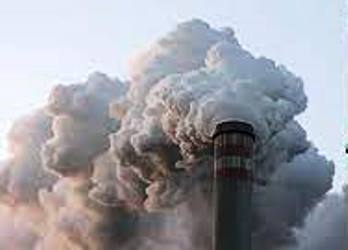Germany and the European Commission have made progress in talks about state support for new hydrogen and gas power plants.
Though a final agreement has not yet been reached, the Economy Ministry in Berlin said on Tuesday.
Economy Minister Robert Habeck and the commission have agreed on guidelines for the subsidies, the ministry said.
This is a first important step, Habeck said, but “it does not mean that the intended measures have already been approved.’’
The commission said on request that the constructive and close contact with the German authorities would continue.
“Beyond that, we can neither comment on the content of these contacts nor predict their outcome or timetable.’’
Germany aims for 80 per cent of electricity consumed to come from renewable sources by 2030, compared to just over half at present.
To achieve this, the government is relying primarily on renewable energy sources such as solar and wind.
However, the government wanted to build new hydrogen and gas-fired power plants to ensure energy security during the times of the year when wind and solar generation is insufficient.
Aid for such plants must be authorised by the European Commission.
According to the ministry, the progress made with the commission forms the framework for a national power plant strategy which Habeck has been planning for some time.
Tenders were planned for the construction of the new power plants, with the lowest bid for the same technology being awarded the contract, the ministry said.
Specifically, 8.8 gigawatts of new power plants are to be put out to tender, which would run on hydrogen from the start.
By 2035, up to 15 gigawatts of hydrogen power planted that can be temporarily operated with natural gas until they are connected to the hydrogen grid are to be put out to tender.


